Around the Text / Print Networks / Appleby-in-Westmorland / 26-27 April 2022
For more images see our Facebook page
Day One: Tuesday 26 April 2022
Session One, chaired by Caroline Archer, saw a most appropriate start when Tim Pye spoke of two Westmorland libraries in the care of the National Trust. This was followed by Teresa Jones, Teresa, a Senior Archive Assistant with Worcestershire Archive and Archaeology Service and a part time PhD student with the University of Birmingham, who gave a talk based around a fore-edge painting on a volume in the archive’s collection, and which amply demonstrated the values of detailed single-copy research. The session concluded with Frances Robertson from the Glasgow School of Art who discussed an instruction book by James Watt, which raised the question as to the identity of the possible printer and/or founder of the type used.
Session Two, chaired by Lisa Peters, began with Sue May, recently retired from Birmingham School of Art, who gave a spirited account of the woodcuts in the famous Nuremberg Chronicle. Sue was followed by the Peter Isaac Memorial Essay winner Liz Woodham, a part-time PhD candidate at Lancaster University, who gave an account of the various representations of Striding Edge through a century of Lake District guide books. She was then presented with her prize which she described as “a wonderful vote of confidence for an early career researcher.”
Session Three, chaired by Maureen Bell, began with Jen Baker from the University of Warwick. Jen gave a thought-provoking account of nineteenth-century consolation literature for bereaved parents. She was followed by David Atkinson, an honorary research fellow at Aberdeen University, who compared examples of eighteenth-century cookery books from the expensive end of the book trade to the cheaper end, in order to note the similarities and differences. He also posed the question: What does the phrase ‘neatly bound,’ often seen on title-pages, actually mean?
The Fourth, and Final Session of the day, chaired by David Osbaldestin, saw a panel of Caroline Archer, Martin Killeen and Alexandre Parré present various aspects of the significance of the Boulton family Baskerville Bible, its provenances, and the fund-raising efforts that saw it being saved for the city that gave it birth by its addition to the holdings of the University of Birmingham Library.
Day Two: Wednesday 27 April 2022
Session Five, chaired by Caroline Archer, began with Alastair Wilcox, an independent scholar with long-standing interest in printed ephemera, speaking on the variety of prize bookplates in volumes distributed by Sunday Schools and similar organizations. One of his images included a list of publications that contained Assembly’s Catechism which was offered with, or without ‘proofs.’ He also cited a volume entitled: How to be happy, though married. Alastair was followed by Barry McKay, another independent scholar, who spoke on the early days of the humble bookmark. Martin Killen, for many years the Rare Books Librarian at the Cadbury Research Library at the University of Birmingham, spoke on the bookplates, and other marks of provenance on several ladies’ books in the library.
Session Six, chaired by Lisa Peters, began with Michael Durrant, of Bangor University, who gave a splendid account of the importance of closely examining ‘waste’ pages used as end-leaf linings in later binding. This led to the recovery of The Remedy of Love (ESTC S509162), known only from the few fragments on the Cheshire and Chester Archives Office. A serendipitous find. Michael was followed by Jim Pennington who presented a lively series of examples of errata slips.
Session Seven, chaired by Maureen Bell, saw Neassa Doherty, soon to take up a post in the Library at the University of Ulster, present a detailed account of subscribers to Dublin prints in the eighteenth-century while in many instances, tracing their professions and, occasionally, religious affiliations. She was followed by Matthew Day of Anglia Ruskin University and former Convenor of the Print Networks Council. Matthew presented a paper on running heads and other often unconsidered aspects of the mise-en-page and highlighted the occasional variation between the title page and header. John Jowett, of the Shakespeare Institute at Birmingham University, brought the presentations to conclusion with a spirit account of the bibliographically separate parts of Johnson’s Volpone and their significance.
Due to the problems of distance and covid, Dianna Patterson, and Karen McAulay were unable to present their papers in person, but they had both sent in recordings which were shown during the lunch breaks.

